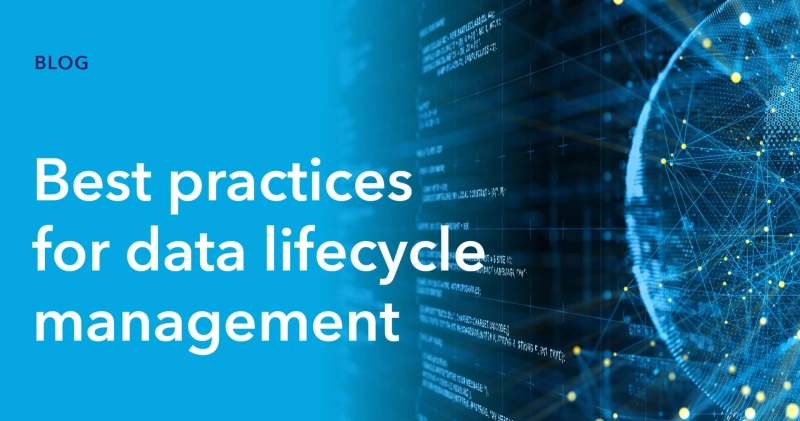Data lifecycle management ensures a consistent approach to data usage throughout its lifecycle and helps ensure compliance. Among these, the final stage of the lifecycle, data deletion, is essential for reducing the chance of data breaches or contamination of datasets with data whose permission has expired.
Data breaches can incur major fines and cause considerable damage to consumer trust. A good data lifecycle management policy takes a unified approach to data security and data protection, which minimizes this risk.
With varied data collection points that could number in the millions, data lifecycle management helps data functions create and maintain interoperable data architecture that reduces friction and improves the usability of all collected dataflows.
Click here: intertrust.com


